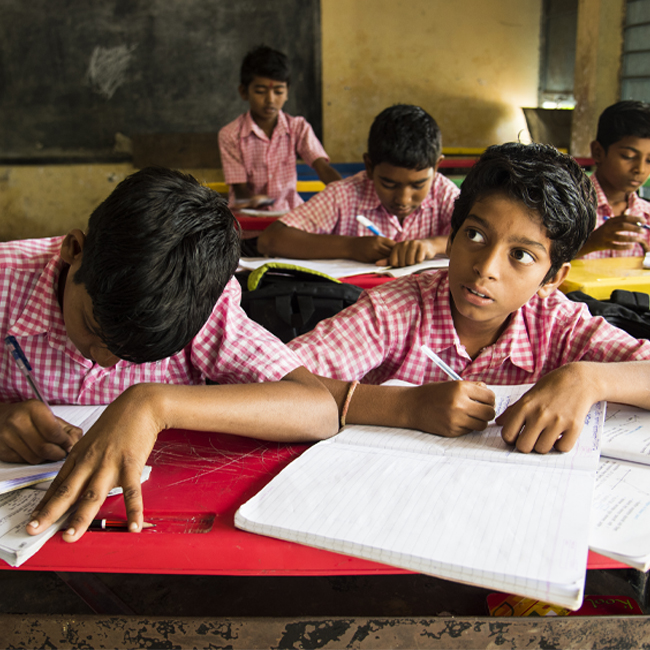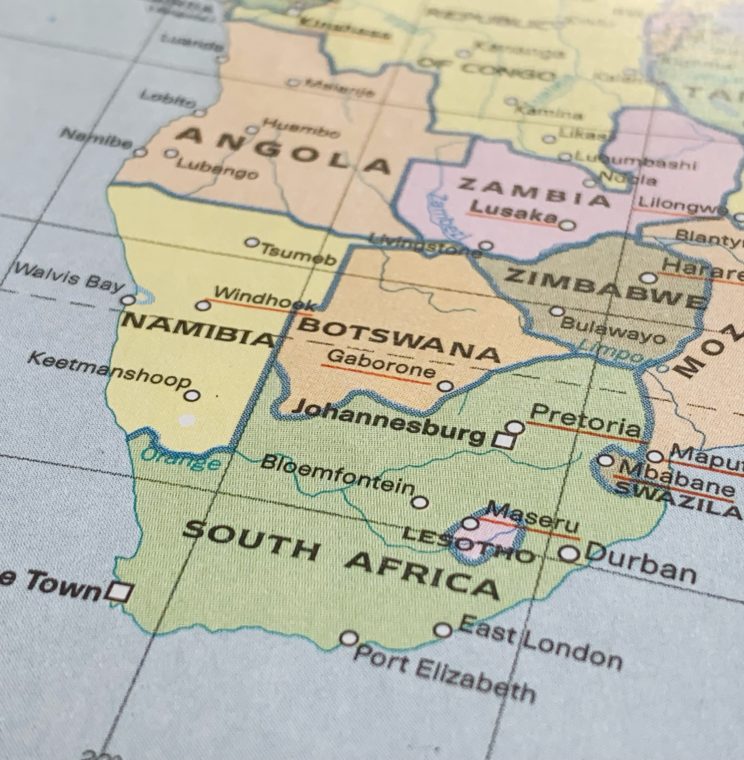Ecorys and the Institute for Development Studies have conducted an evaluation of Young Lives, a DFID funded longitudinal research programme.
Ecorys and the Institute for Development Studies have conducted an evaluation of Young Lives, a DFID funded longitudinal research programme.
Young Lives is the first comparative, longitudinal, mixed-methods study of children in developing countries.
Spanning over 15 years, Young Lives’ use of longitudinal research has allowed for an assessment of how poverty affects children’s lives in the 21st century. It has followed 12,000 children in two age groups across four countries (Ethiopia, Peru, India and Vietnam). The programme was commissioned by DFID in 2001 to complement the UK’s commitment to the Millennium Development Goals (MDGs) and was implemented in four different phases.
The focus of the evaluation was to assess how Young Lives has contributed to influencing policies, shaping debates and building capacity to use longitudinal data, focusing on the fourth and most recent phase of the programme. Evaluating what research achieves is always challenging given the diverse pathways for outcomes and related impact. Therefore, longitudinal research lasting an extended period presents unique and real methodological challenges.
The evaluation found that the programme has succeeded in staying relevant to stakeholders by adapting its thematic focus. The evolution of the programme has responded to changing government priorities, as well to the cohorts growing older and the focus of the research needing to change. Moreover, there is significant evidence of Young Lives having an impact in shaping debates on childhood poverty, nutrition and education. At the international level, Young Lives played a significant role in establishing the Leave No One Behind agenda and contributing to the framing of the SDGs by their continuous focus on inequality and the consequences of childhood poverty.
There are also concrete examples of how Young Lives has influenced childhood policies in the study countries and internationally. We found that a key contributing factor in ensuring that Young Lives’ research stayed relevant and influenced relevant policies were the partnerships built by the programme. For example, in influencing policies to prevent violence against children, Young Lives worked closely with UNCIEF in Peru to advocate for a law banning violent and humiliating punishment of children.
The Department of International Development (DFID) has awarded £9.4 million in new funding to continue the longitudinal study into children and youth around the world. This major new funding, up to March 2024, will enable Young Lives to continue their research investigating young peoples’ transitions into adulthood, with a significant focus on access to the labour market.

6 April 2020
2 minute read
Sectors
Key Experts
Alma Agusti Strid
Senior Research Manager



